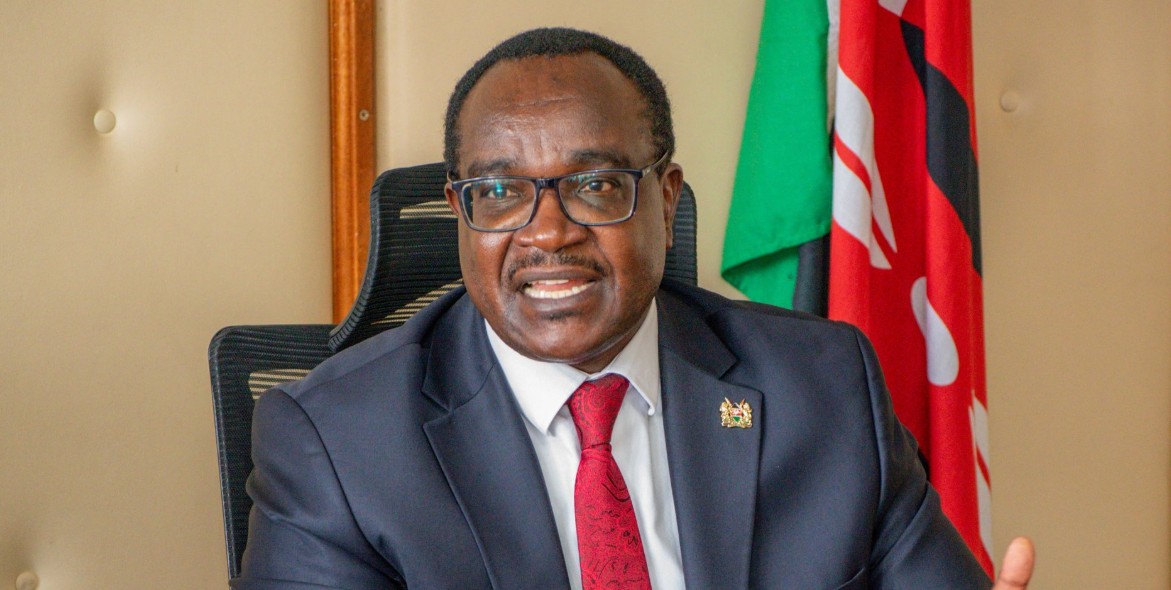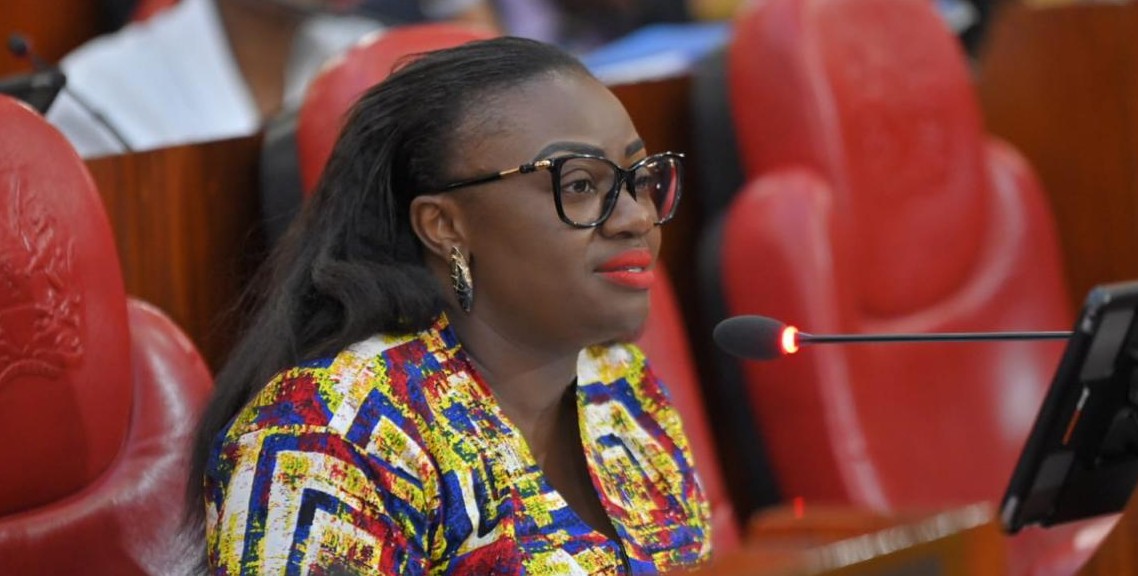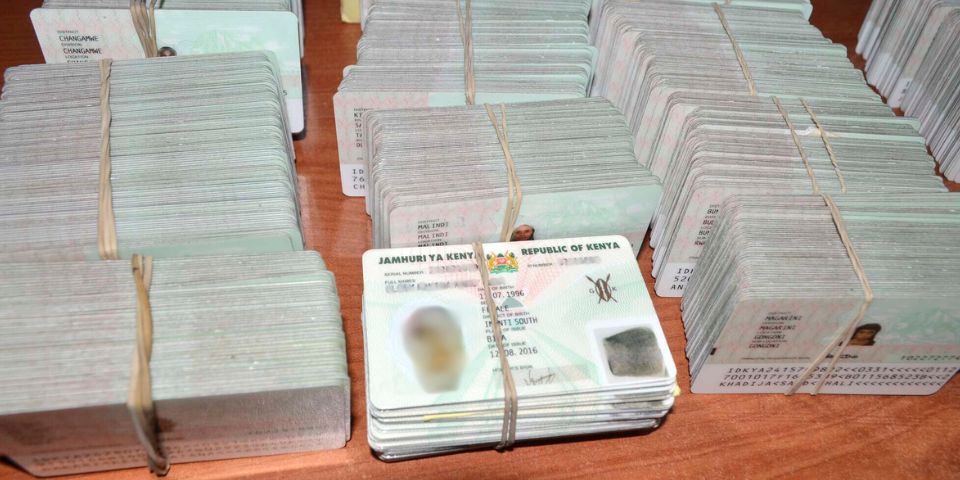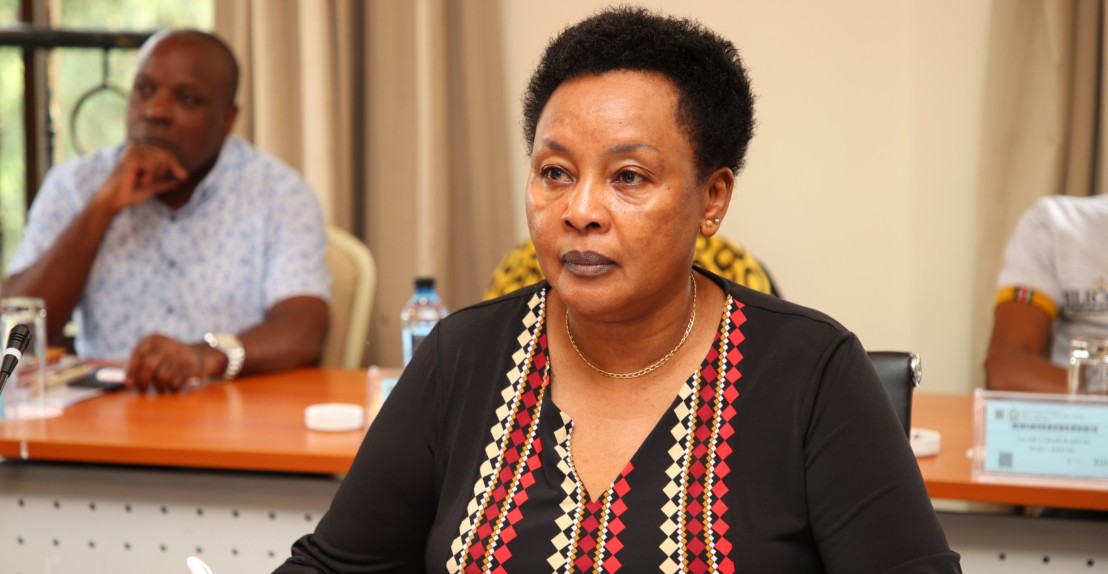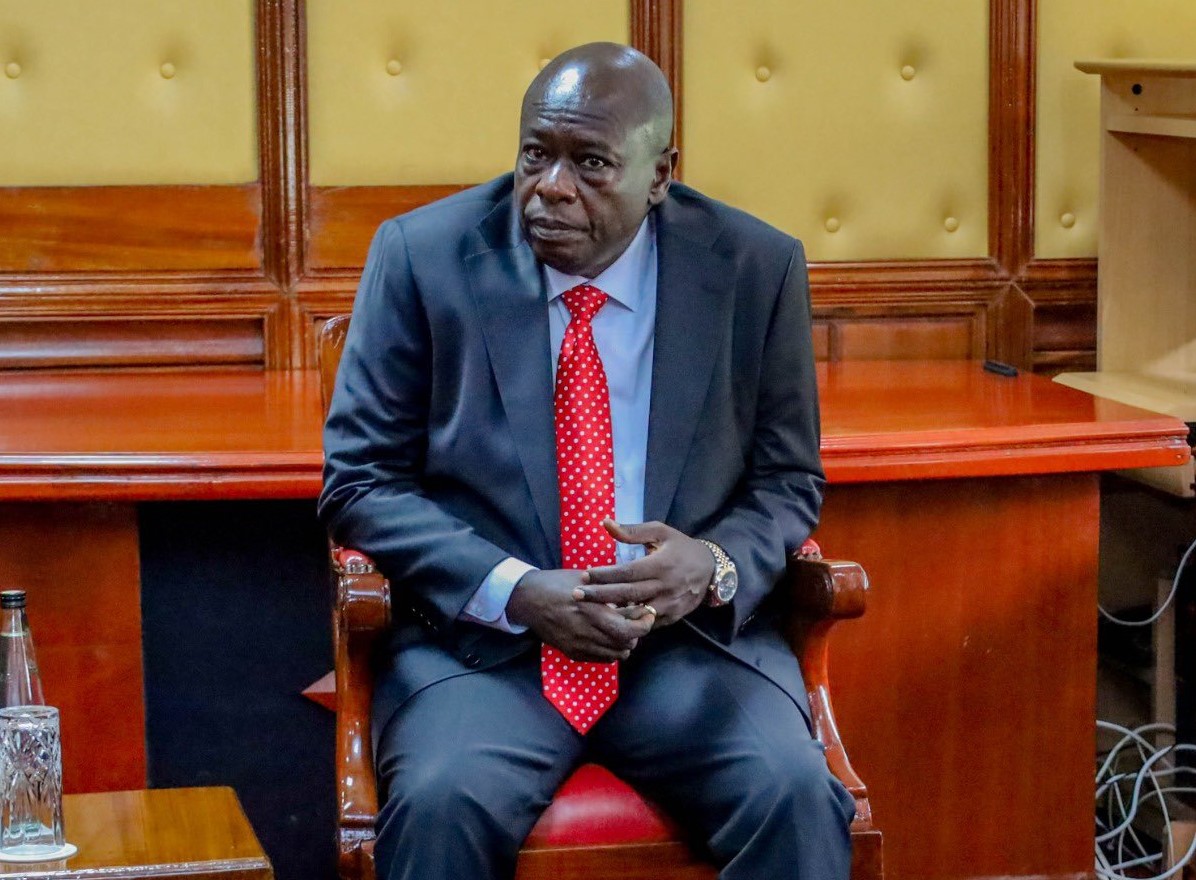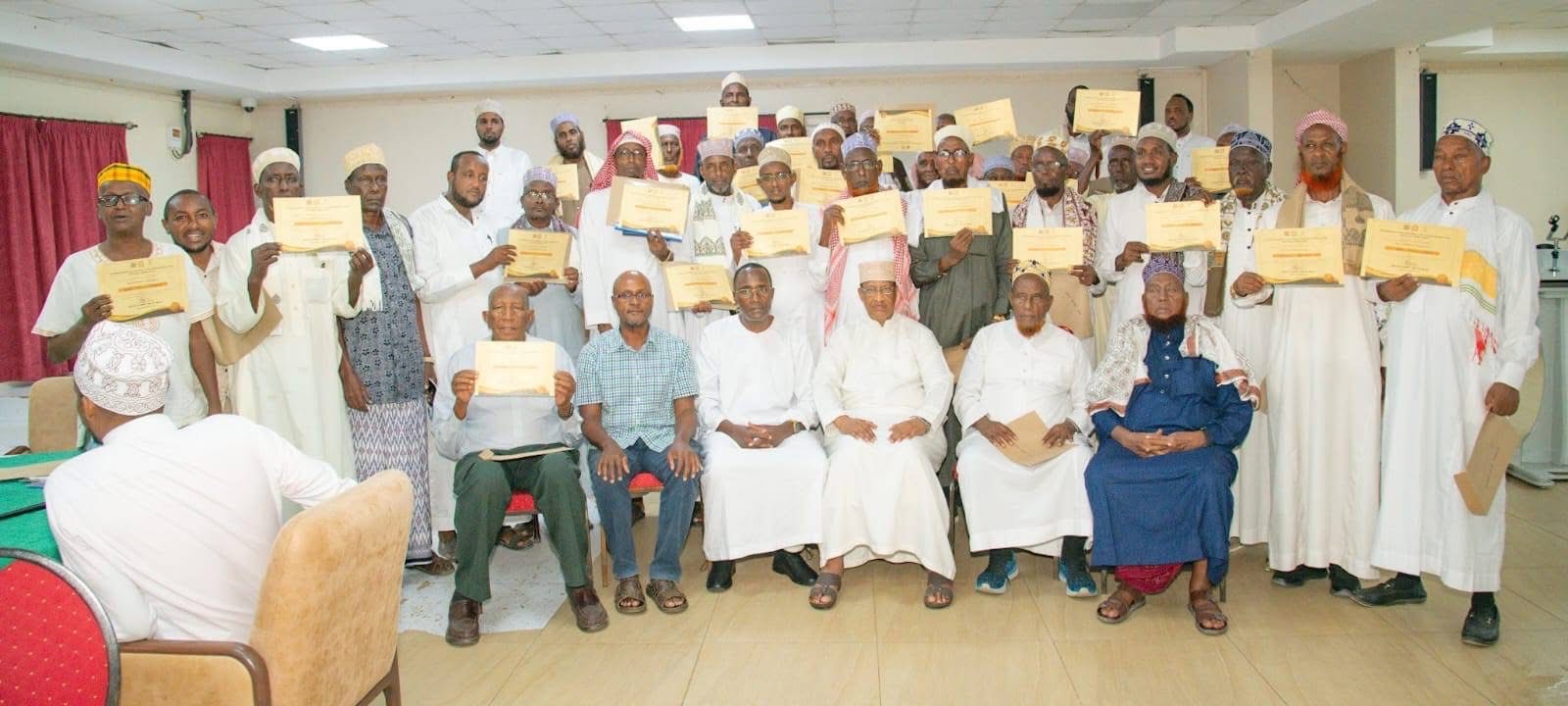Opinion: Cabinet vetting did little to placate a frustrated public
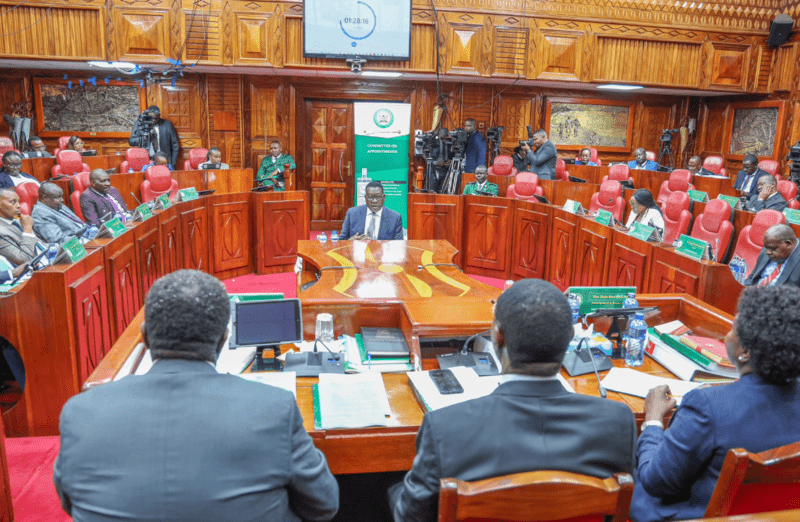
Members of the vetting committee were expected to show impartiality and a commitment to ensuring that nominees met the highest standards of integrity.
The recent vetting and confirmation of Cabinet Secretaries has exposed deep-seated issues within the country's governance systems. The process was marred by incidents that undermined public trust and raised serious questions about the effectiveness and transparency of Kenya's leadership.
One of the most contentious aspects of the vetting is the reappointment of Cabinet secretaries the president previously dismissed after pressure from Gen Z protesters who felt the country was not being run well.
More To Read
- CS Ruku orders probe into NYS procurement process amid allegations of embezzlement of Sh2bn
- Coast traders warned as fake KEBS officers defraud businesses in widening scam
- EACC probes Kiambu Governor Wamatangi over Sh230m tender scandal and abuse of office
- Governor Wamatangi arrested moments after his home, office were raided over graft claims
- Ten Turkana County officials in custody over alleged embezzlement of Sh600 million
- EACC probes University of Nairobi over alleged land mismanagement, fraud
However, their return to the Cabinet raises critical questions about the criteria used to reappoint them.
The president's actions seem to have confirmed what many feared: the dissolution of the Cabinet was merely a superficial tactic designed to placate a frustrated public. Rather than being a meaningful step towards the positive changes the public has been demanding, it appears to be a calculated effort to consolidate power and stifle dissent.
The actions of Suna East MP Junet Mohamed further compromised the integrity of the vetting process. During the vetting of Cooperatives CS Wycliffe Oparanya, Junet was caught on camera signalling Oparanya on how to respond to a question.
Members of the vetting committee were expected to show impartiality and a commitment to ensuring that nominees met the highest standards of integrity. By seemingly coaching Oparanya on how to answer questions, Junet’s action undermined the credibility of the vetting process and raised concerns about potential conflicts of interest.
The vetting committee must always ensure nominees are fit for public office and free from any form of misconduct or corruption. However, Junet’s behaviour suggests that political considerations may be taking precedence over the need for transparency and accountability, further eroding public trust in the government’s ability to appoint qualified and ethical individuals to key positions.
Again, the Director of Public Prosecutions (DPP) cleared Oparanya of corruption charges shortly before he was nominated to join the Cabinet, raising suspicions that the clearance was backdated to facilitate his appointment. The Ethics and Anti-Corruption Commission (EACC), which had been investigating him, objected to the DPP’s decision, highlighting potential conflicts between independent agencies tasked with ensuring accountability and the political interests that may seek to undermine their work.
The timing of the DPP’s clearance and the subsequent objections from the EACC suggest the vetting may have been compromised by political interference. This not only undermines its credibility but also weakens the overall fight against corruption in Kenya. The public must be assured that legal decisions are made based on evidence and the rule of law, not political expediency.
Further complicating the situation are the president’s actions and statements regarding the inclusion of opposition figures into the Cabinet. After sacking the initial Cabinet, the President reappointed several of the dismissed CSs and included opposition members, claiming that this was part of a strategy to unify the country.
The vetting and the broader issues surrounding it highlight the urgent need to reform Kenya’s governance structures. The recycling of sacked officials, the questionable timing of legal clearances, and the actions of individuals like Junet during the vetting all point to a system that is compromised by political considerations.
To restore public trust and ensure that only the most qualified and ethical individuals are appointed to key positions, Kenya must implement several critical reforms.
First, the vetting must be insulated from political interference. This can be achieved by establishing an independent vetting body composed of individuals with a proven track record of integrity and impartiality.
Second, the criteria for appointments must be standardised and merit-based. The reappointment of previously dismissed officials should be subject to rigorous scrutiny, with clear justifications required for their return to public office. This would help eliminate the perception that political loyalty trumps competence and integrity.
Third, there should be strict penalties for any form of misconduct during vetting.
Fourth, independent agencies like EACC and the DPP must be respected and strengthened. Any conflicts between these agencies should be resolved transparently, with the public kept informed of the rationale behind key decisions.
Lastly, the government must engage in genuine efforts to unify the country, focusing on inclusivity and good governance rather than merely co-opting opposition figures. Public office should not be a tool for political consolidation but a platform for serving the people with integrity and accountability.
The writer is a health record information officer, social change maker, and programme officer at Northern Frontier Medical Association.
Top Stories Today

